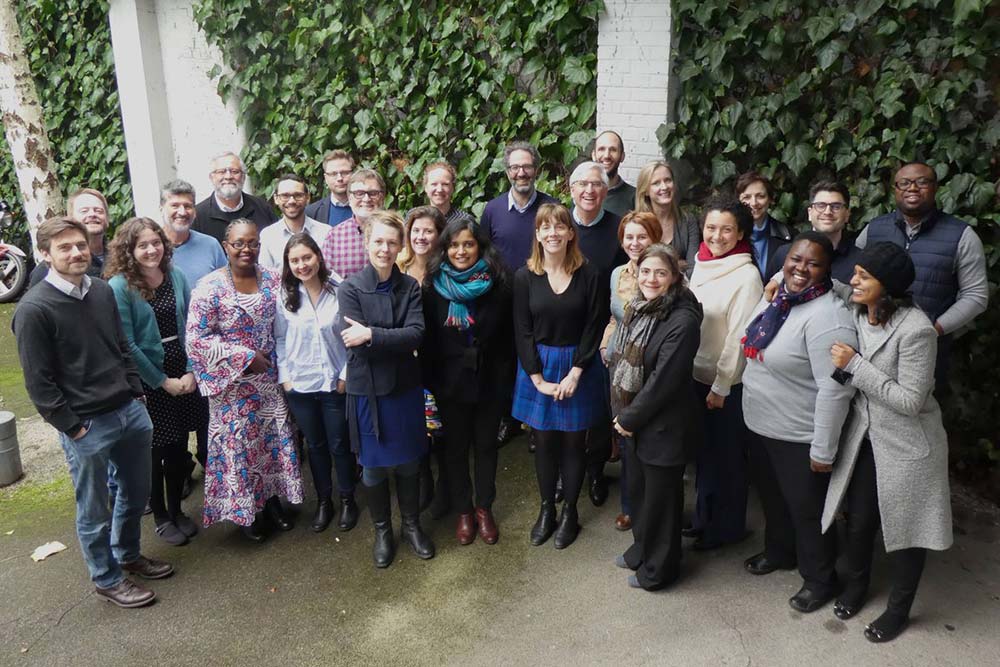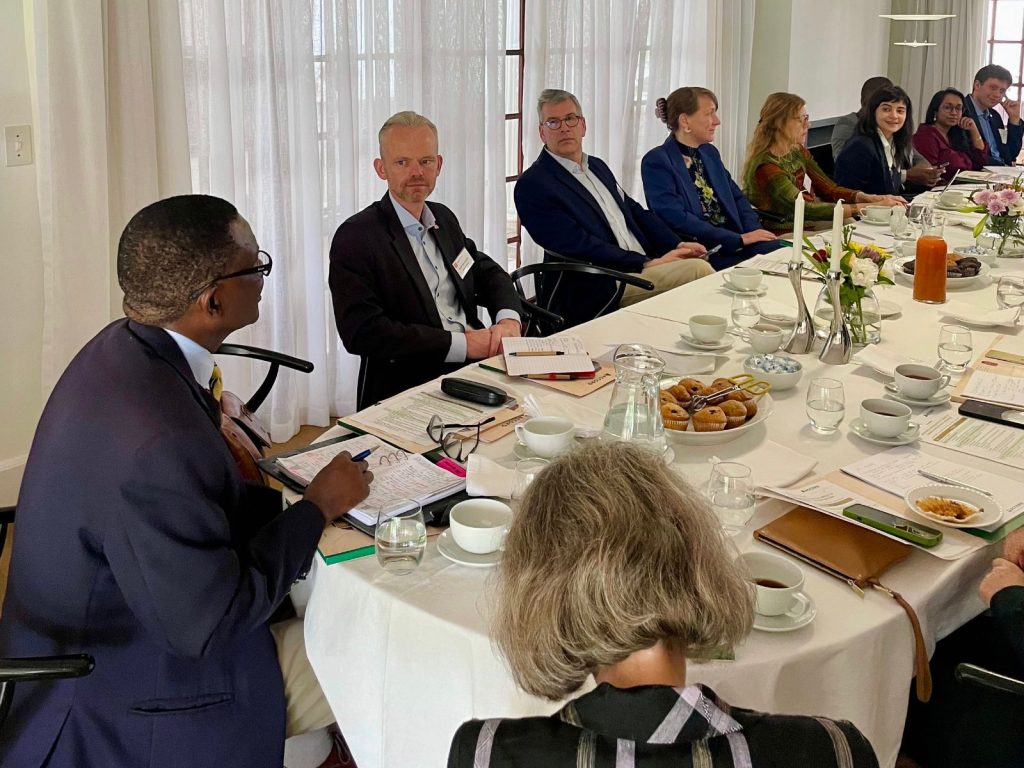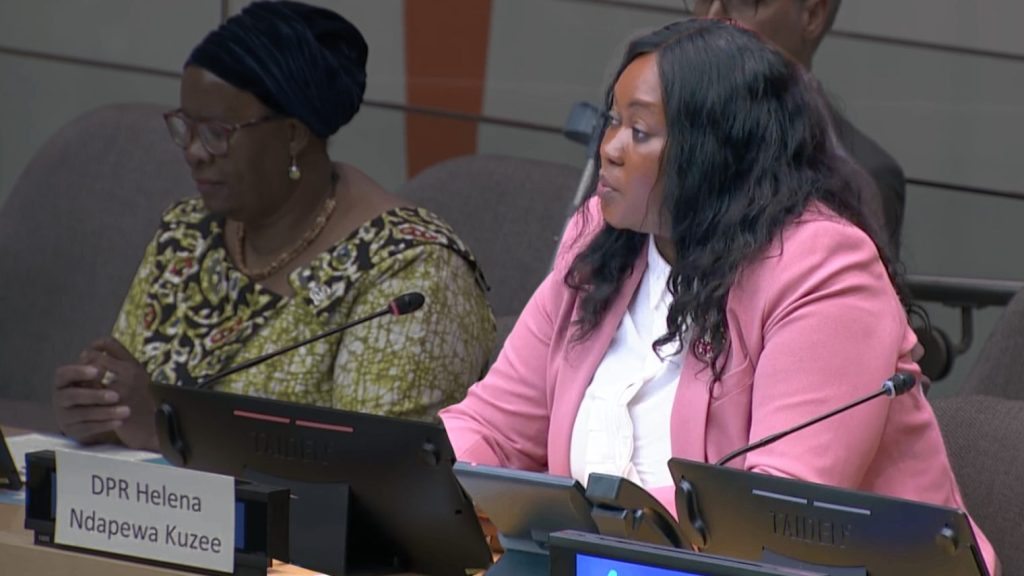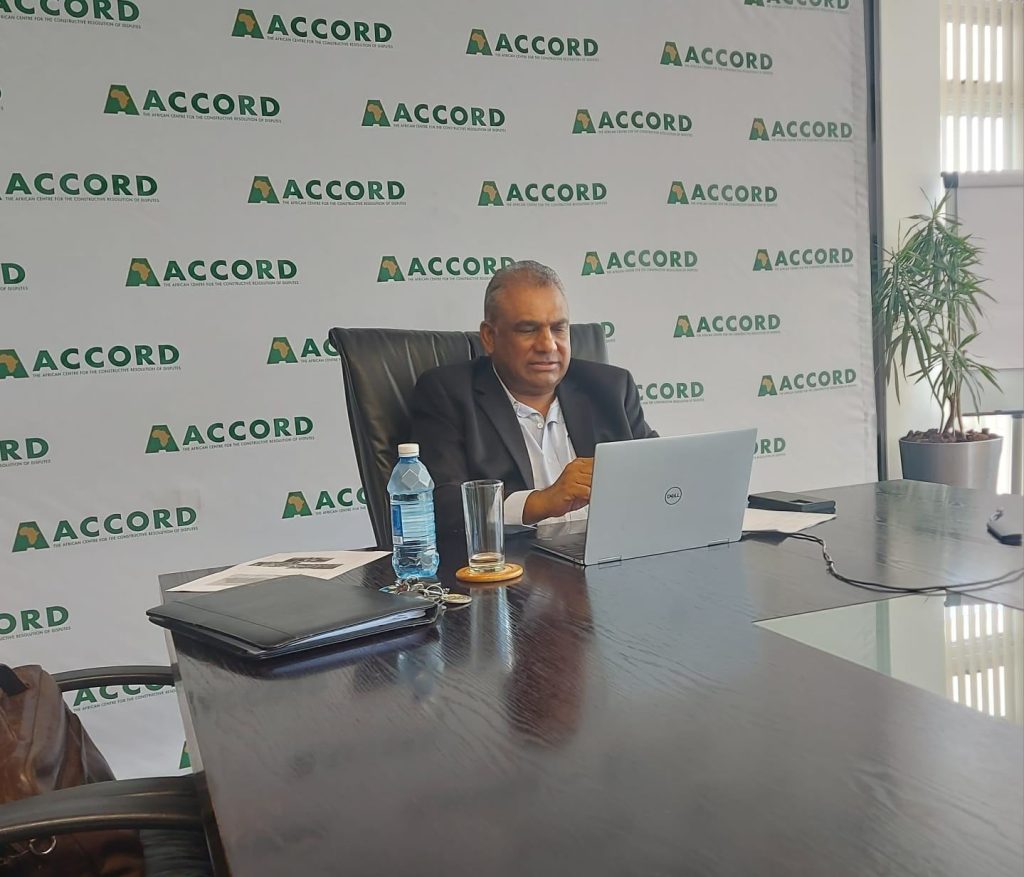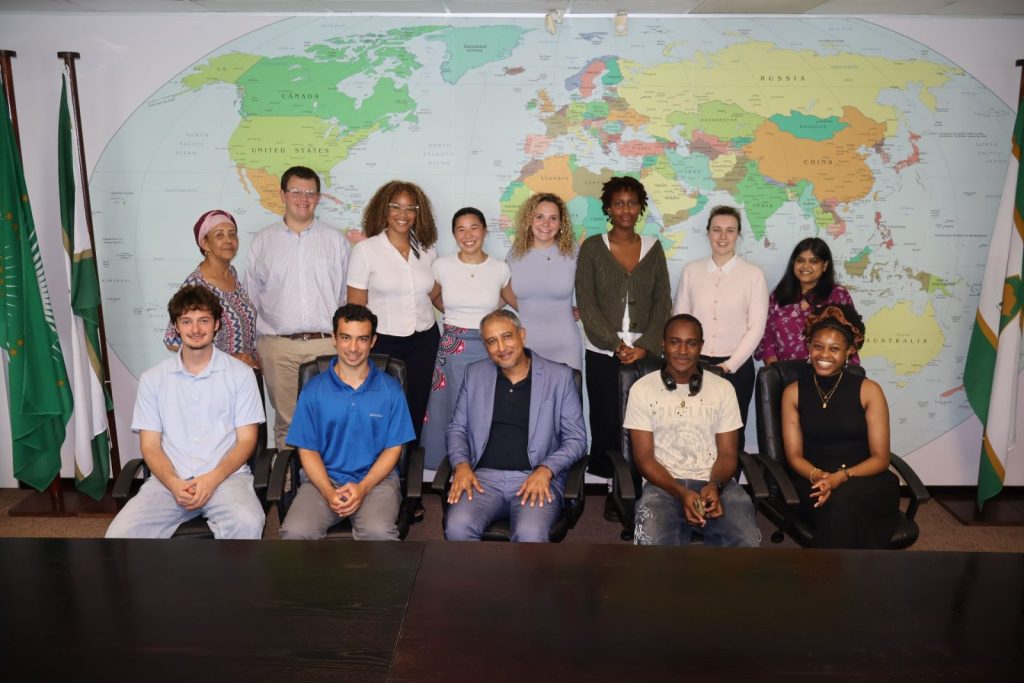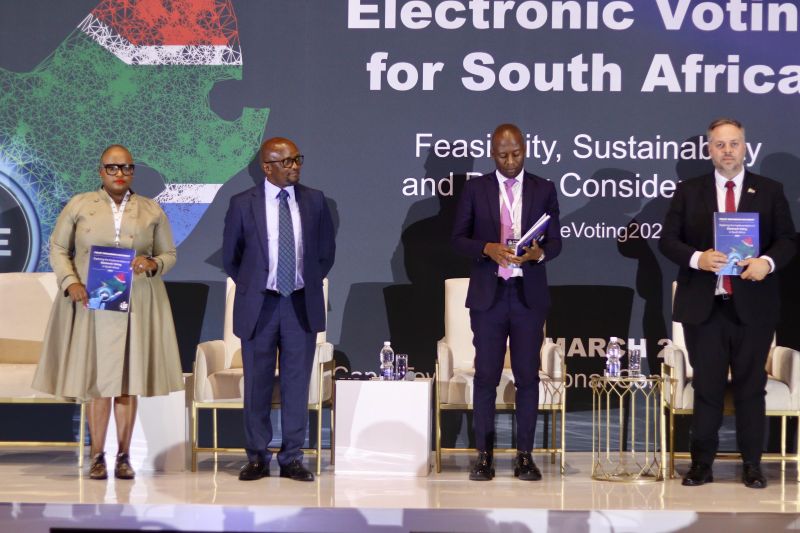ACCORD is one of the two African members of the Mediation Support Network (MSN). The MSN is a small, global network of primarily non-governmental organisations that support mediation in peace negotiations. ACCORD participated in the 2018 MSN meeting held in London, United Kingdom (UK) from 6-8 March 2018, bringing mediation experiences from Africa to the international platforms. The 2018 MSN meeting explored the roles of mediation and mediation support in enabling transformative and sustainable change following comprehensive peace agreements. The meeting which was hosted by Conciliation Resources brought together mediation support organisations and institutions supporting mediation efforts in different parts of the world. The meeting provided the MSN members with an opportunity to share experiences and exchange knowledge about their mediation support work in post agreement phase. The discussions were also informed by lessons learnt from Northern Ireland’s peace process as well as lessons from the recent Colombia peace process.
The challenges in realising the ambitious provisions of a peace deal are considerable, they include: popular expectations of an immediate ‘peace dividend’ rise rapidly; new power-relations and unexpected conflict challenges emerge; and decisions made in structured and confined political negotiations are devolved to bodies and institutions to be carried out under significant public scrutiny. These issues informed the discussion of the meeting. The MSN meeting discussed how mediation support actors can provide support to the peace process in the post agreement phase, as part of the efforts towards sustaining the peace. Some of the roles for the mediators and mediation support actors discussed includes supporting conciliation with parties and bringing people together, enabling people to meet thereby creating spaces for dialogue during the pre-talks phase. Other roles include facilitating public dialogue, supporting process design and working on conflict transformation and reconciliation. Mediation support actors have also been expected to create and sustain spaces for dialogue at local level between divided groups, and between states and civil society. The meeting highlighted mediation as a method of peacebuilding, and thus the need for continued engagement of mediators and mediation support actors in the post agreement phase, often characterised by peacebuilding and post conflict reconstruction.
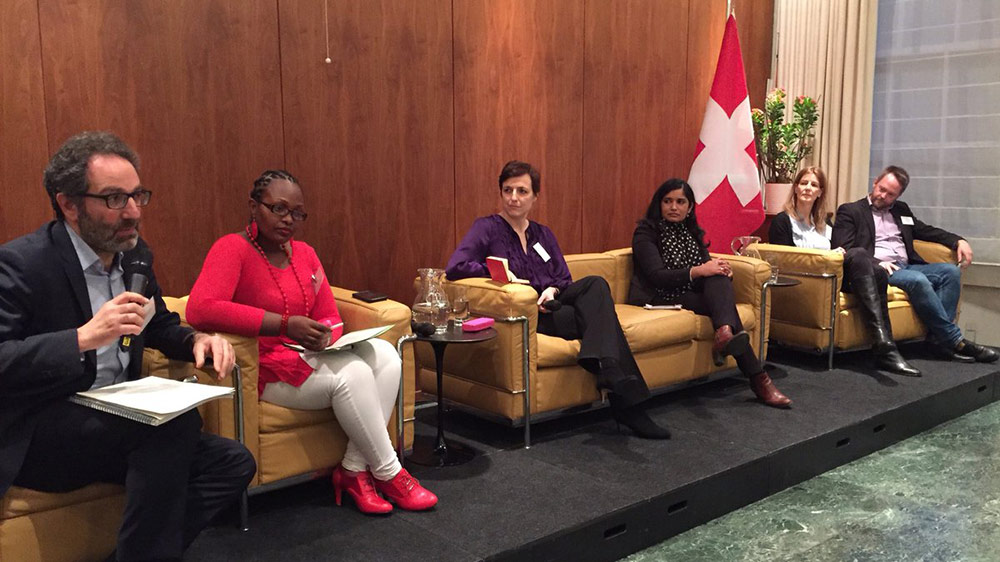
The discussion also highlighted how the role of mediators change once a peace agreement is forged and the challenges encountered by the mediators and mediation support actors in post agreement phase. The meeting also discussed challenges seen in the post agreement phase. For instance, the lack of ownership by the community expected to implement the agreements, this is often linked to inclusivity challenges and exclusivity during the peace talks. Lack of or low level on technical and financial resources to implement the agreement was highlighted. More often, most actors commit to supporting the process without fully understanding what this support entails. Thus they run into financial and technical challenges and end up not effectively supporting the process. In some cases, parties to the agreement and the country may not have adequate technical expertise to implement the technical issues captured in the agreement, therefore frustrating the implementation of the agreement. In other cases, the process of the peace talks may render the agreements hard to implement and unsustainable, especially the ‘rushed’ peace talks, where quick outcomes are pushed for by the mandating institutions or by the partners supporting the process.
As part of the MSN Meeting, ACCORD was invited to be a speaker in a panel discussion hosted by the Ambassador of Switzerland to the UK in the evening of 7th March 2018. The panel discussion was on “What role for mediation support following the signing of a peace agreement?”. The panellists were: Kristian Herbolzheimer, Director, Colombia and Philippines programmes, Conciliation Resources; Roxaneh Bazergan, Team Leader, Mediation Support Unit, UN Department of Political Affairs; Claudia Marti, Human Security Division, Swiss Federal Department of Foreign Affairs; Irene Limo, Coordinator, Peacemaking Unit, ACCORD; Luxshi Vimalarajah, Programme Director, Mediation and Dialogue Support Programme, Berghof Foundation and Jonathan Cohen, Executive Director, Conciliation Resources (Discussion Moderator). ACCORD’s contribution to the panel discussions reflected on its own mediation support experiences in Africa.
ACCORD’s work on mediation support is key in the post agreement phase as reflected by its work in countries going through peacebuilding and post conflict reconstruction. ACCORD thus remains engaged in promoting mediation and dialogue as a constructive tool for conflict resolution, before, during the peace talks and during the implementation phase after the agreements are signed.

